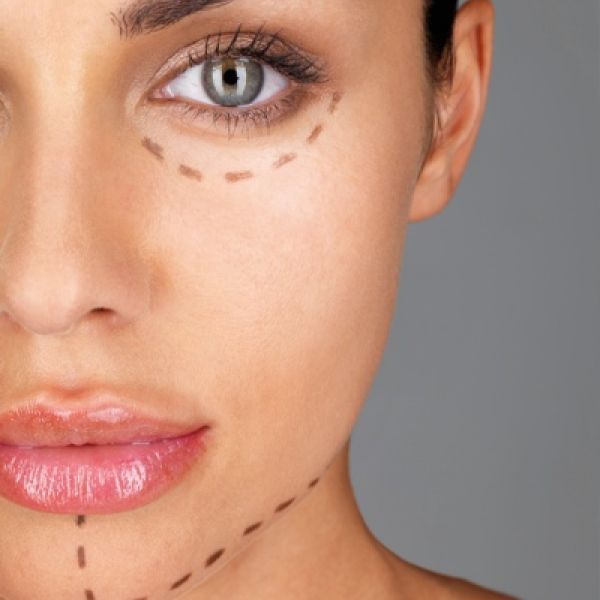The British Association of Beauty Therapy and Cosmetology (BABTAC) has spent over two years representing the industry in the Keogh Review; an independent assessment of the non-surgical cosmetic interventions market. They have lobbied and campaigned on behalf of the industry, submitting evidence and giving presentations to Government Departments to better protect the consumer, whilst safeguarding the future of the industry and the livelihoods of British therapists.
Last week, (Thursday 11th September), Health Education England released their first comprehensive report detailing the agreements made in Phase 1 of their investigation into training & qualification requirements. Their work continues, but Phase 1 has outlined the topics for agreed training pathways & qualifications, with a Recognised Prior Learning Framework (referred to as APEL) and provision for mandatory CPD. In addition, minimum Level 4 Qualifications will be required, to ensure public safety is never compromised.
All three of these developments were originally submitted by BABTAC to the Keogh Review in October 2012; having been adopted into the end report, BABTAC is understandably delighted. BABTAC Chair, Carolyne Cross, who has helped drive the BABTAC representation, says “From the very beginning, we have advocated the need to establish agreed benchmarks which span professions and put consumer safety at the forefront of the cosmetic interventions industry. The fact that both the Keogh Review and Health Education England have adopted so many of our recommendations is amazing! There will be changes for the industry, and beauty therapists will need to rise up and meet them, but it’ll ultimately protect the consumer and safeguard future livelihoods.”
Considering the report more closely, it is clear that the developments will change the face of the advanced beauty industry. For one, any therapist wishing to continue carrying out chemical peel or skin rejuvenation treatments such as microneedling, as well as any Laser, IPL or LED treatments, will have to upgrade their training onto one of the new pathways; whilst more scrutiny and a Government mandated policy will mean the rights of therapists are ultimately protected. Health Education England will include a transition period to enable therapists and other providers to upskill onto the new training and will assess previous learning to minimise additional training requirements; what’s more, therapists will have scope to train to a far higher level than is currently available, should they choose to, following the introduction of Level 7 and Level 8 qualifications (equivalent PhD). What is unclear at the moment is how training will be obtained, and what costs will result, both of which will be identified in phase 2, but upskilling will be essential. The report emphasises that the framework ‘will apply to all practitioners, regardless of previous training and professional background”, helping to ensure that standards are uniform and all providers comply.
For some, the report does not go far enough, and indeed the Government’s assertion that regulation will not become mandatory was somewhat disheartening, but BABTAC and the other stakeholders involved in the project are confident that the developments will ultimately improve consumer safety – the original and most important ambition. BABTACs own investigation in 2011, prior to launch of the Keogh Review identified a need to make Level 4 training for laser & IPL mandatory from 2016 and this additional requirement for members will make them better able to upgrade onto the new training frameworks.

